In advance of our Sixth Annual Fall Conference on IP for the Next Generation of Technology, we are highlighting works on the challenges brought by the revolutionary developments in mobile technology of the past fifteen years.
 As we highlighted in previous posts in this series (see here and here), a 2015 policy change at the Institute of Electrical and Electronics Engineers-Standards Association (IEEE)—a standard-setting organization (SSO) for mobile technologies—placed one-sided restrictions on patent owners that have demonstrably harmed innovator participation and technological advancement. Read more
As we highlighted in previous posts in this series (see here and here), a 2015 policy change at the Institute of Electrical and Electronics Engineers-Standards Association (IEEE)—a standard-setting organization (SSO) for mobile technologies—placed one-sided restrictions on patent owners that have demonstrably harmed innovator participation and technological advancement. Read more


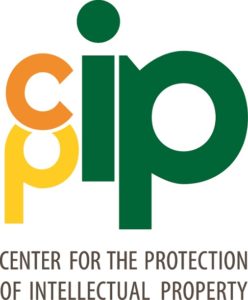 ARLINGTON, Virginia – August 22, 2018 – The Center for the Protection of Intellectual Property (
ARLINGTON, Virginia – August 22, 2018 – The Center for the Protection of Intellectual Property (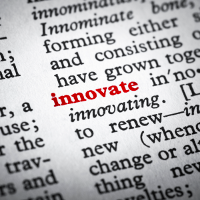 By
By 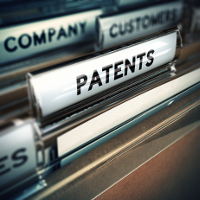 By
By 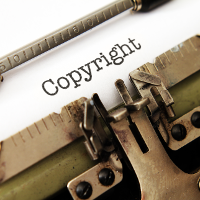 By Matthew Barblan
By Matthew Barblan In their new paper,
In their new paper, 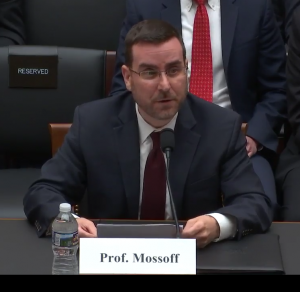 The statement below is from Professor
The statement below is from Professor